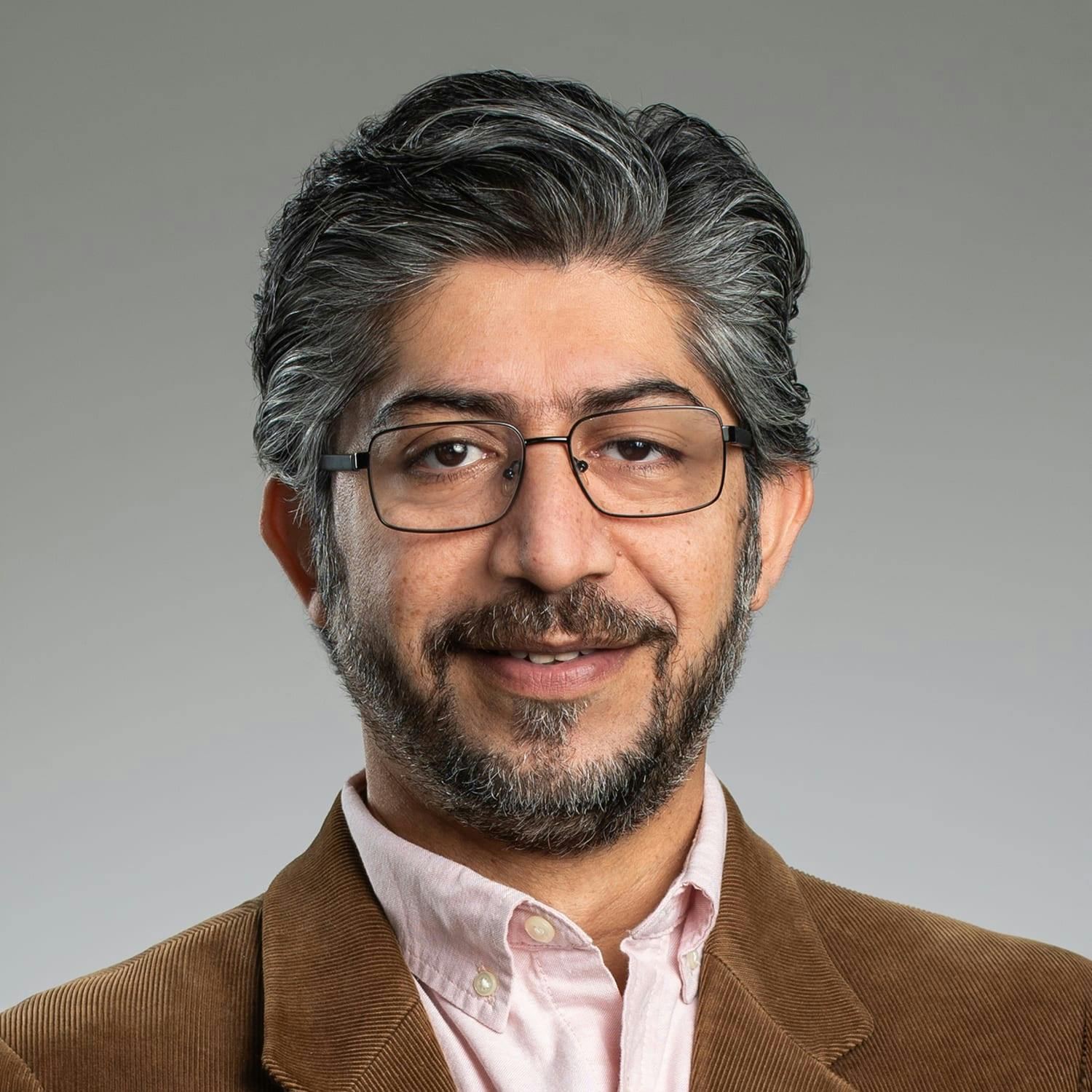Mustafa Babak
Fostering belonging and community for Afghan immigrants in the United States.

Born and raised in Afghanistan, Mustafa Babak’s family stayed through the Soviet invasion. But in 1992, at the start of the country’s civil war, they fled to Pakistan. Babak wasn’t able to return home until 2001, when the Taliban fell. Determined to help his country recover, he spent the first decade of the 2000s working to build civic infrastructure, serving as an adviser on local elections, health reform, and more through a variety of organizations. In 2011, Mustafa decided to pursue higher education in the United States after receiving a full scholarship from the University of the Pacific.
Babak went on to positions at the World Bank and Palladium Group, working to reform health delivery systems in Afghanistan, Cameroon, and Ghana. But in these roles, Babak felt a disconnect between policies made remotely and their impact. Looking closer to home, he began to focus on the Afghan diaspora in the U.S. After obtaining citizenship, he embarked on the first comprehensive study of Afghan Americans and co-founded the Afghan-American Foundation (AAF). When Afghanistan fell to the Taliban in 2021, the organization championed the resettlement of more than 95,000 Afghans in the U.S.
Babak’s work with the Afghan-American Foundation has focused on crisis response and advocacy across the U.S.—championing immigration policies that help Afghan evacuees, advocating for legislation that empowers them to rebuild their lives, and fostering cultural and social transformations for those living in the U.S. But as important as this work is, Babak sees that it cannot address certain needs, which can only be met through proximity.
With the support of the Emerson Collective Fellowship, Babak plans to create a new, comprehensive program for welcoming Afghans to his home city of Omaha, Nebraska. This model will include civics workshops on topics like the U.S. Constitution and voting, immersion days that bring Afghans into the city’s public institutions, and storytelling sessions and cultural exchanges that foster understanding with the wider community. Ultimately, Babak strives to weave together Afghan immigrants and longtime Omahans, fostering a sense of community and belonging that makes the city better for all.
More about The Emerson Collective Fellowship.
Related content: